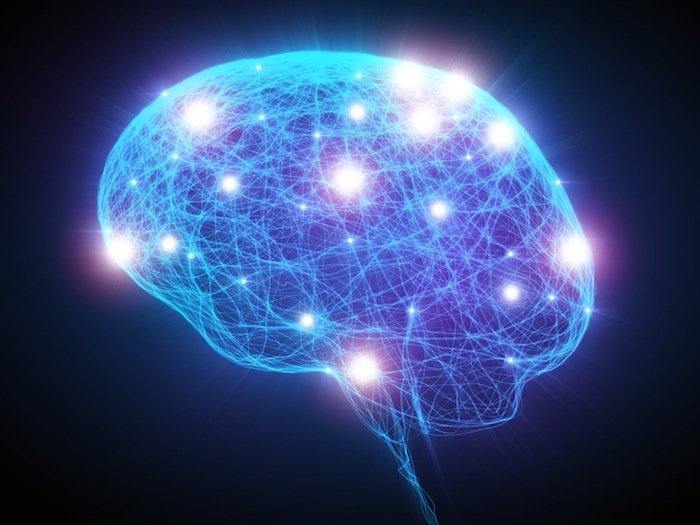
Mind Beyond Brain explores the implications of empirical evidence challenging the prevailing view that the mind is simply a function of the brain. book that treads the boundaries between science and mysticism in an enlightening way.-Magonia Review of Books Readers who are interested in science, mind, and psi phenomena will find Mind Beyond Brain to be both fascinating and accessible.-Renee L. Mind Beyond Brain represents the next level in the science and Buddhism dialogue. The new perspectives opened up, if we are willing to take evidence of such often off-limits topics seriously, offer significant challenges to dominant explanatory paradigms and raise the prospect that we may be poised for truly revolutionary developments in the scientific investigation of mind. Presti describes the extensive but frequently unacknowledged history of scientific investigation into these phenomena, demonstrating its relevance to questions about consciousness and reality. Presti, with the assistance of other distinguished researchers, explores how evidence for anomalous phenomena-such as near-death experiences, apparent memories of past lives, apparitions, experiences associated with death, and other so-called psi or paranormal phenomena, including telepathy, clairvoyance, and precognition-can influence the Buddhism-science conversation. In Mind Beyond Brain, the neuroscientist David E. The encounter between these two worldviews has spurred ongoing conversations about what science and Buddhism can teach each other about mind and reality. For millennia, philosophers, scientists, and religious thinkers have attempted answers, perhaps none more meaningful today than those offered by neuroscience and by Buddhism. Presti, with the assistance of other researchers, explores how evidence for anomalous phenomena-such as near-death experiences, apparent memories of past lives, apparitions, and other so-called psi or paranormal phenomena, including telepathy, clairvoyance, and precognition-can influence the Buddhism-science conversation.īook Synopsis Among the most profound questions we confront are the nature of what and who we are as conscious beings, and how the human mind relates to the rest of what we consider reality. National Library of Medicine: “BDNF gene.About the Book Neuroscientist David E. Department of Health and Human Services: “Physical Activity Guidelines for Americans.” University of Denver: “Executive Functions.” UCSF Memory and Aging Center: “Executive Functions.” Neurosensory Disorders in Mild Traumatic Brain Injury: “Cognitive Rehabilitation for Mild Traumatic Brain Injury (mTBI).” National Sleep Foundation: “A good workout can help you get great shut-eye.” National Institutes of Health: “Exercise-induced changes in EEG alpha power depend on frequency band definition mode.” Mayo Clinic: “EEG (electroencephalogram).” Journal of Neuropsychiatry and Clinical Neurosciences: “Systematic Review of Neuroimaging Correlates of Executive Functioning: Converging Evidence From Different Clinical Population.”

Johns Hopkins Medicine: “Exercising for Better Sleep,” “Electroencephalogram (EEG).” Harvard Health Publishing: “Regular exercise changes the brain to improve memory, thinking skills.” 6) mr.suphachai praserdumrongchai / Getty ImagesĪmerican Association of Neurological Surgeons: “Cerebrovascular Disease.”īrain, Behavior, and Immunity: “The association between aerobic fitness and executive function is mediated by prefrontal cortex volume.”īrain Plasticity: “Exercise Improves Vascular Function, but does this Translate to the Brain?”īritish Journal of Sports Medicine: “Exercise interventions for cognitive function in adults older than 50: a systematic review with meta-analysis.”Ĭonsumer Reports: “How to Exercise for Brain Health.”įrontiers in Aging Neuroscience: “A Life-Long Approach to Physical Activity for Brain Health.”įrontiers in Human Neuroscience: “Aerobic fitness is associated with greater white matter integrity in children.”įrontiers in Neurology: “Exercise Effects on Sleep Physiology.”įrontiers in Psychology: “Neuroplasticity and Clinical Practice: Building Brain Power for Health,” “Effects of Physical Exercise on Cognitive Functioning and Wellbeing: Biological and Psychological Benefits.’


 0 kommentar(er)
0 kommentar(er)
